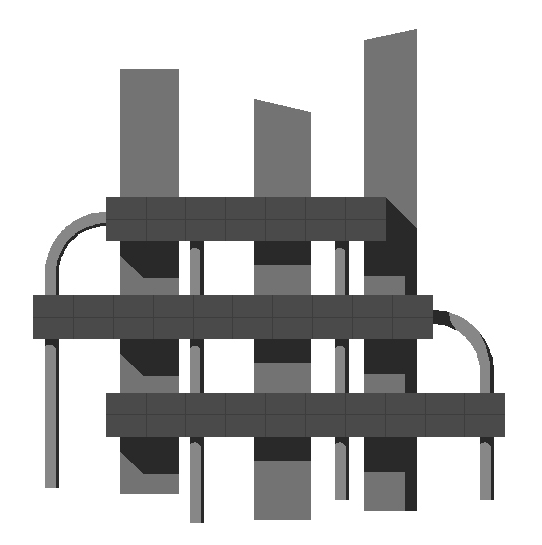|
Docente/i:
Antonella Ferrara
Denominazione del corso: Process control
Codice del corso: 504462
Corso di laurea: Computer Engeneering, Ingegneria Elettrica
Sede: Pavia
Settore scientifico disciplinare: ING-INF/04
L'insegnamento è affine per: Computer Engeneering, Ingegneria Elettrica
Crediti formativi: CFU 6
Sito web del corso: n.d.
Obiettivi formativi specifici
The course describes and analyzes control schemes which are frequently used at industrial level. It also provides the basics for the design of digital control systems.
Programma del corso
Industrial control schemes:
Cascade control, open loop control, filtering of the reference signal, compensation of measurable disturbances, two degrees of freedom control schemes, Smith Predictor, decentralized control, relative gain array, decoupling schemes.
PID controllers
Features and properties. Rules for the empirical calibration. Wind-up and anti wind-up schemes.
Digital control:
Discrete-time systems. The concept of equilibrium for discrete-time systems. Stability. Stability of linear time-invariant discrete-time systems. Jury test. Digital control schemes. Sampling problem. Choice of the sampling time. Discretization of continuous-time controllers. Euler and Tustin methods.
Prerequisiti
Knowledge acquired in previous courses in Automatic Control and Mathematical Methods in Engineering
Tipologia delle attività formative
Lezioni (ore/anno in aula): 45
Esercitazioni (ore/anno in aula): 0
Attività pratiche (ore/anno in aula): 0
Materiale didattico consigliato
Lecture notes
Paolo Bolzern, Riccardo Scattolini, Nicola Schiavoni. Fondamenti di controlli automatici. McGraw-Hill, Milano. (In Italian).
Carlos A. Smith, Armando B. Corripio. Principles and Practices of Automatic Process Control. John Wiley & Sons.
Modalità di verifica dell'apprendimento
Closed-book, closed-notes, 2 hour written exam consisting of 1-2 sections assessing knwoledge and understanding of the course topics and ability to apply them in a problem solving context. Each section will be independently graded. Threshold to pass is 18/30 an maximum mark is 30/30 cum laude. The final mark is obtained as the weighted mean of marks given to each section of the written exam. Example of a written exam: http://sisdin.unipv.it/labsisdin/teaching/courses/procon/files/Process_Control_Exam_Example.pdf
|




![]()




![]()